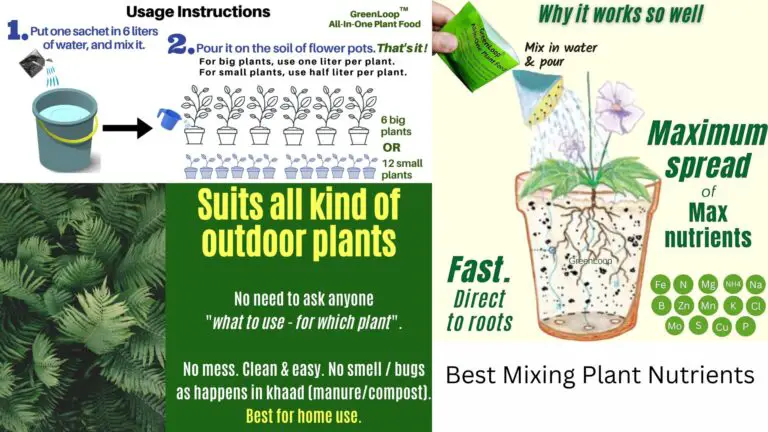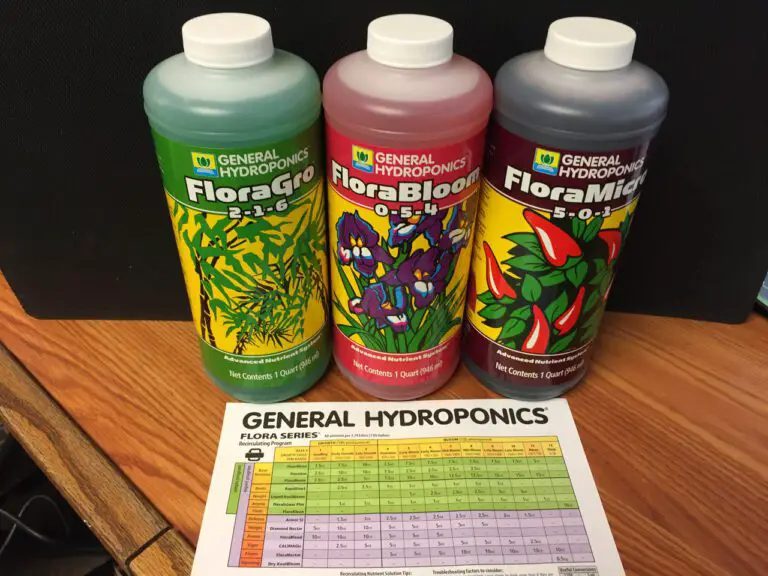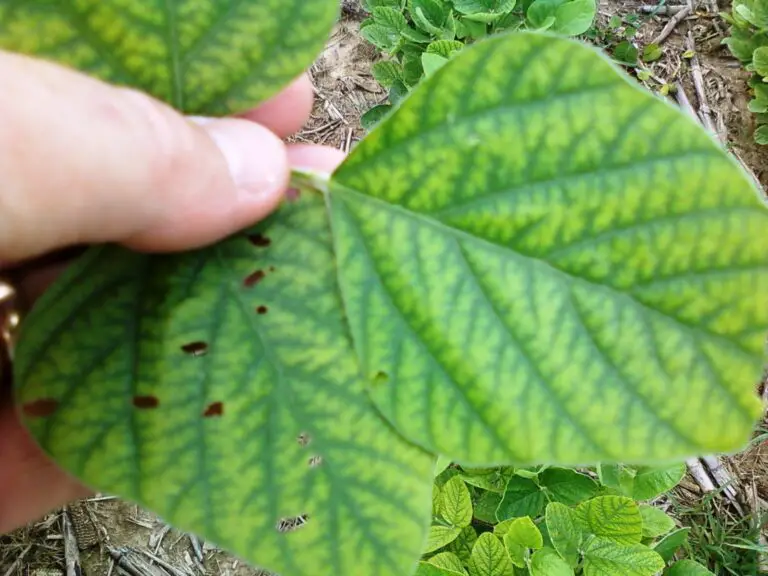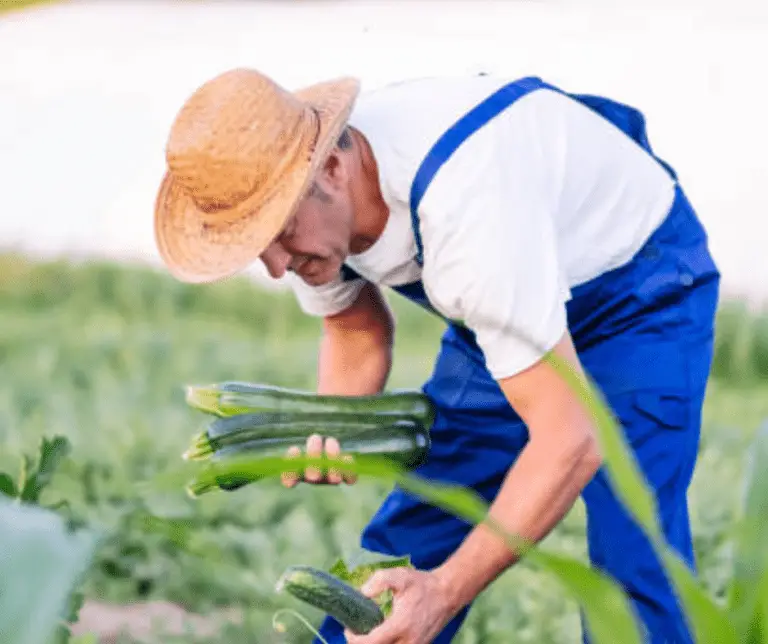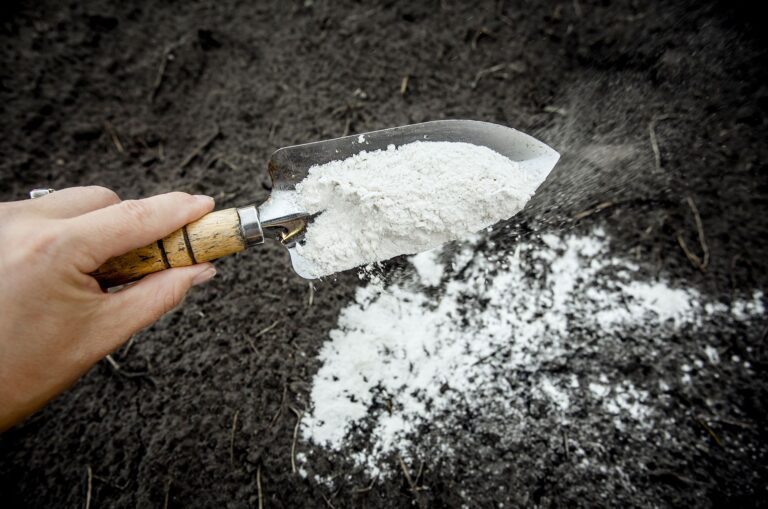Using Rock Phosphate Fertilizer in Your Garden
Table of Contents
Success Stories: Gardeners’
Gardening can be a rewarding and fulfilling hobby, but it often requires a great amount of knowledge and skill. Success stories from experienced gardeners can serve as valuable sources of inspiration and guidance for those looking to enhance their gardening skills. These stories not only showcase the beautiful results that can be achieved through dedication and hard work, but also offer practical tips and techniques that can be applied in one’s own garden.
One such success story is that of Jane Smith, a seasoned gardener with over 20 years of experience. Jane’s passion for gardening began as a hobby, but has since blossomed into a flourishing business. Through careful research, experimentation, and continuous learning, she has mastered the art of hydroponics and now runs a successful hydroponic farm. Jane’s story serves as a testament to the endless possibilities that exist within the world of gardening, and highlights the importance of continually expanding one’s knowledge and skills in order to achieve success.
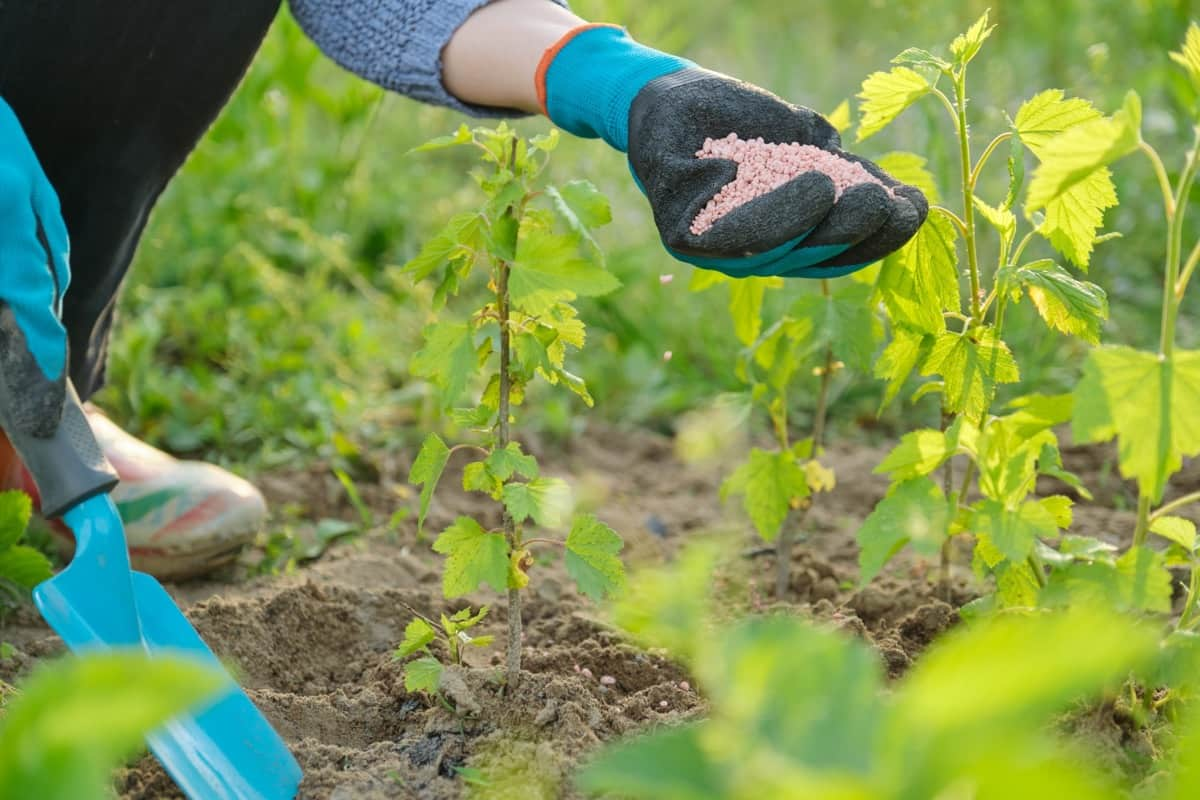
Another inspiring success story comes from John Davis, a botanist and agronomist who has dedicated his life to plant research and cultivation. With a deep understanding of plant physiology and a keen eye for detail, John has been able to create thriving gardens in even the most challenging environments. His expertise in soil composition and nutrient management has led to impressive yields and vibrant, healthy plants. John’s story is a reminder of the immense impact that scientific knowledge can have on the success of a garden, and emphasizes the importance of staying informed about the latest advancements in the field of botany and agronomy.
Rock phosphate fertilizer is a valuable addition to your garden, providing essential phosphorus for plant health and growth. Here’s a table summarizing how to use it effectively:
| Aspect | Details |
|---|---|
| What is Rock Phosphate? | Rock phosphate, also known as phosphorite, is a sedimentary rock rich in phosphorus. It’s mined and contains clay and limestone. Soft rock phosphate is commonly used in modern fertilizers due to its higher accessibility of nutrients. |
| Benefits | – Encourages healthy blooms and vegetables. – Enhances root development. – Reduces pests. – Improves flavor and yield of vegetable crops. |
| Application Rate | – Garden Soil: Approximately 500-1500 grams per 10 square meters (consult soil tests for exact amounts). – Potted Plants: Start with 1 teaspoon per container, then add 1 tablespoon after 15 days. – Ground Plants or Raised Beds: Begin with 1 tablespoon per plant during the growing stage, then apply two tablespoons after 15 days. |
| Timing | Apply rock dusts in early spring for best results. |
| Method | – Sprinkle the fertilizer on the soil surface and rake it in. – Mix it into the soil before planting. |
| Combining with Other Fertilizers | Use rock phosphate in combination with other nutrient sources to meet your soil’s needs. |
| Plant Types | Suitable for perennials, flowering plants, trees, and vegetable crops. |
| Safety | Generally safe for pets. |
| Specific Crops | Excellent for coffee, tea, apples, rubber, and citrus crops. |
| Note | Adjust application rates based on soil conditions and nutrient deficiencies. |
Remember to tailor the application to your specific garden needs, and enjoy the benefits of rock phosphate in promoting vibrant, healthy plants!
These success stories are just a glimpse into the world of gardening, where passion, knowledge, and perseverance combine to create remarkable results. Whether you are a novice gardener or an experienced enthusiast, learning from the experiences of those who have achieved success can provide valuable insights and inspire you to reach new heights in your own gardening endeavors. So, take the time to explore the stories of these remarkable gardeners, and let their wisdom guide you on your own path to gardening success.
Please do watch video!
What are some tips for beginners on starting a successful garden?
Beginners should start by selecting the right location with adequate sunlight, preparing the soil properly, choosing appropriate plants for their region, and consistently watering and maintaining the garden.
How often should I water my garden?
The frequency of watering depends on various factors such as the type of plants, weather conditions, and soil moisture. Generally, it is recommended to water deeply a few times a week rather than shallowly every day.
What are some common pests that may affect my garden and how can I control them?
Common garden pests include aphids, snails, slugs, and caterpillars. To control them, you can use organic methods such as handpicking, introducing beneficial insects, using insecticidal soap, or creating physical barriers.
Can I grow vegetables and flowers together in the same garden?
Yes, vegetables and flowers can be grown together in the same garden. This practice is known as companion planting and is beneficial as certain flowers can attract beneficial insects or deter pests for the vegetables.
What can I do to extend the growing season for my garden?
To extend the growing season, you can use techniques like planting seeds indoors before the last frost date, using row covers or cold frames to protect plants from cold temperatures, and selecting cold-tolerant varieties.
How can I improve the fertility of my soil?
Soil fertility can be improved by adding organic matter such as compost or well-rotted manure, using cover crops to add nutrients, and practicing crop rotation to prevent nutrient depletion.
How do I know when to harvest my vegetables?
The harvesting time for vegetables varies depending on the type of plant. Generally, vegetables are ready to harvest when they are fully ripe, have reached a desirable size or color, and can be easily picked from the plant.
What are some common mistakes that gardeners should avoid?
Some common mistakes to avoid include overwatering or underwatering, planting in the wrong location for sunlight requirements, neglecting proper soil preparation, overcrowding plants, and not paying attention to pest and disease control.
How can I protect my garden from extreme weather conditions?
To protect your garden from extreme weather conditions like heatwaves or heavy rains, you can use shade cloth or mulch to shield plants from excessive heat, install a rainwater collection system, or provide temporary covers during severe weather events.
Are there any resources or organizations that can provide further assistance for gardeners?
Yes, there are numerous resources and organizations available to assist gardeners, such as local gardening clubs, agricultural extension offices, online gardening forums, and gardening books or websites. These sources can provide valuable information, tips, and guidance specific to your region.
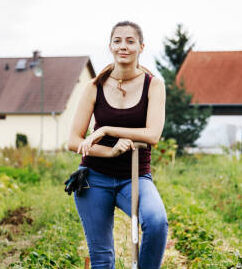
Nicole Burke is a dynamic writer at SouthElMonteHydroponics, fueled by her passion for horticulture and environmental sustainability. Armed with a degree in Environmental Science from a renowned institution, Nicole’s expertise lies in hydroponic gardening, organic farming, and biodiversity conservation. Her insatiable curiosity and love for nature drive her to explore innovative techniques in hydroponics, seeking to revolutionize the way we grow crops in urban environments. Nicole’s writing reflects her deep commitment to promoting eco-conscious practices and fostering a deeper connection between humans and the natural world. Through her engaging storytelling, she inspires others to embrace sustainable living and harness the power of hydroponics for a greener future.

